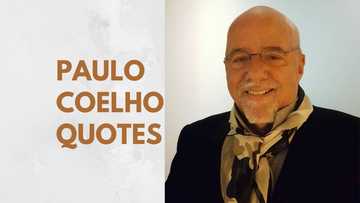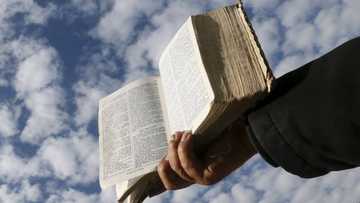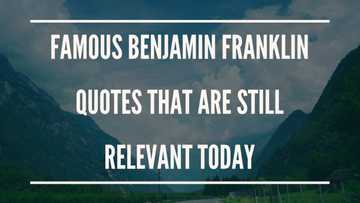Top 10 functions of literature everyone should know about
Have you ever thought about the functions of literature? Sometimes we underestimate the importance of literature in our lives, but thanks to it, we can learn new things about the world, experience emotions, both good and bad, etc. Other functions of literature include entertainment, cultural purposes, education, criticism of social ills, and more.
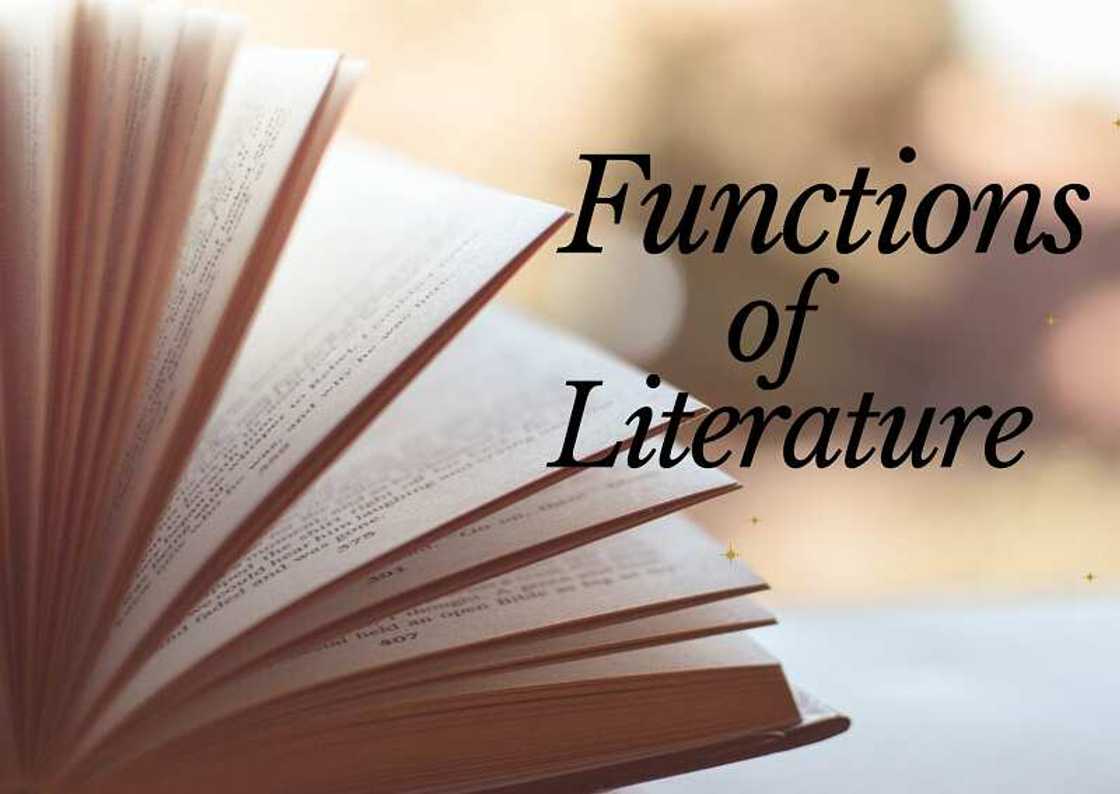
Source: UGC
There are various explanations for what literature means. Still, one of the common notions in most of the definitions of literature is that it involves written texts and spoken materials in some cases.
As much as literature involves written texts, it is a higher form of art; therefore, not every written text can be called a literary work.
What is literature?
Simply put, it is a collection of different written texts. Literature definition is the desire of people to convey their own knowledge, experience, vision through written texts.
It can be concluded that literature is a storehouse of human knowledge in a printed and accessible form.
What are the functions of literature?
We deal with literary compositions almost every day, but how much do we know about its functions? How does it help us in our lives? Here are 10 functions of literature everyone should know.
Knowledge sharing
This is the most basic and important function of literature. We can learn many new things about the world with its help; we can fill ourselves with knowledge and become smarter.
Upbringing
Literature affects the feelings and outlook of a person. Why do we read fairy tales in childhood? Well, mostly because they clearly distinguish between good and evil, which helps children to understand what is good and what is bad from an early age.
Thanks to artistic images, authors convey basic educational principles to the child. Also, literature like language is an element of culture. It expresses people’s life and culture they have from one generation to another.
Сommunication

Source: UGC
First of all, it is the communication between the reader and the author. Very often, we are impressed by some characters and do not like others. We can agree with a point of view of the author, and we can disagree with it altogether. Also, a book can be a topic for discussion with your friends and acquaintances.
Entertainment
Even though we live in the digital age with all forms of entertainment at our fingertips, a lot of people still enjoy reading books to entertain themselves. After all, books can take you anywhere without you even leaving your couch, and they can provide you with hours of fun.
They don't even have to be fiction; some folks get a kick out of reading construction manuals.
Shaping the aesthetic taste
Literature helps us to form our own vision of beauty. It pleasantly influences us, changing our behaviour in society and attitude towards people in general. It helps us to notice everything beautiful around us.
Self-development
Literature helps us to develop ourselves. Thanks to books, articles, magazines, we have the opportunity to fill ourselves with new knowledge, cultivate good qualities and strive for something more.
Development of thought process
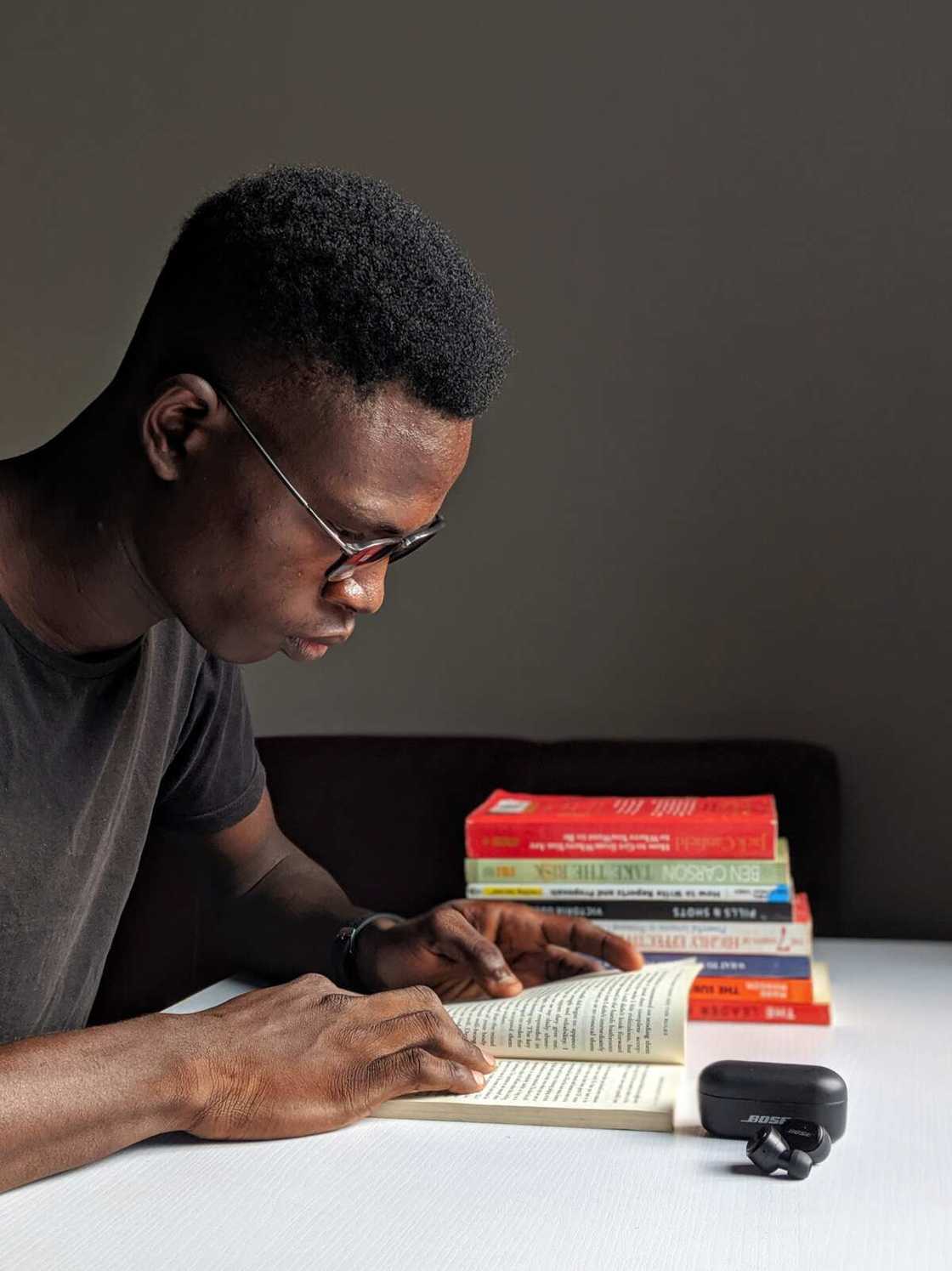
Source: UGC
The more we know, the more we have the desire to tell others about it and find out what they think about it. As the saying goes: "Truth is born in dispute," and so it is.
People very often reflect on processes, events, knowledge, which they read and discuss various issues with others.
Pleasure
We get pleasure every time from reading good verses or beautiful work, or a book with a great plot, or other interesting facts and scientific works. People spend a lot of time looking for something that really brings them pleasure, and literature is something that does that.
Shaping speech
The more a person reads, the more words they learn, as well as different designs and options for constructing sentences. People can enrich their vocabulary thanks to literature.
Transformation
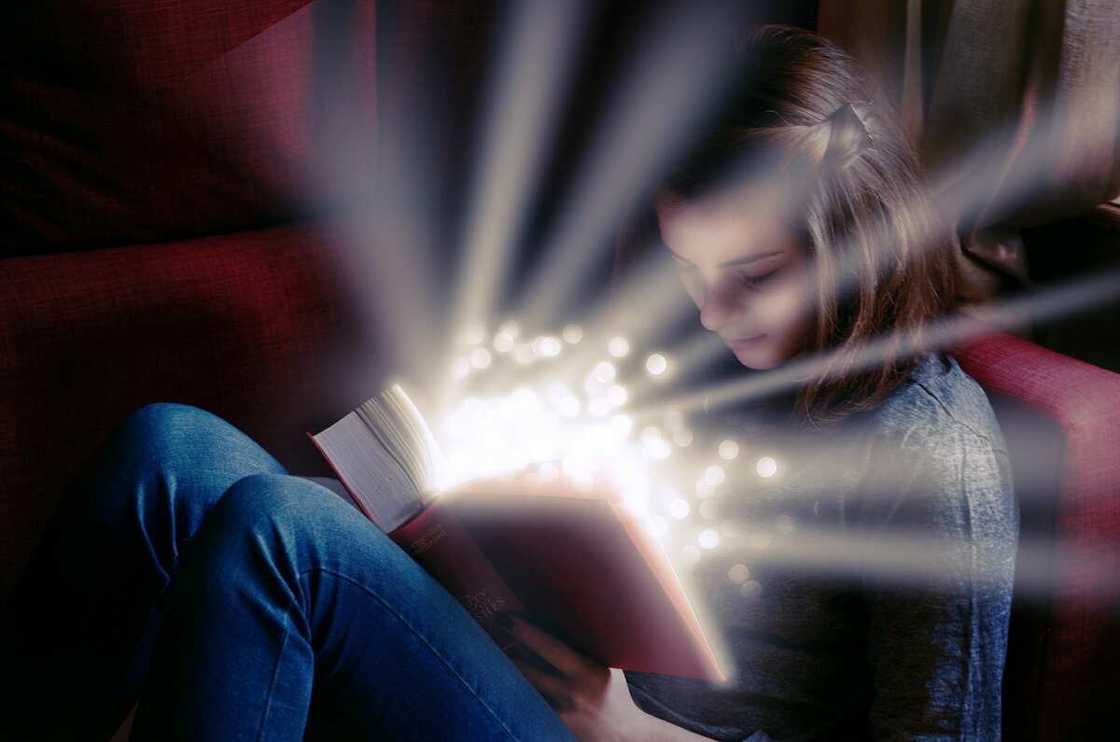
Source: UGC
Our world is full of information, and not all of it is good and beautiful, but with the help of literature, we can transform bad memories into something beautiful. Ordinary characters, events, and settings can be turned into something artistic, poetic and beautiful.
Also, literature can be used to transform societies through the criticism of societal ills and injustices. Literature as a tool for awareness criticizes society by pointing out the evils and other injustices in society. When criticized, the people in a particular society take necessary actions.
Types of literature
To fully understand what literature is and its various functions, understanding the types of literature are their features is necessary.
These types are also often referred to as genres. There are five main genres of literature.
Fiction
Fiction is one of the most popular genres of literature. Its main features are imaginary characters, events, and settings. Fiction is often divided into five types, namely, fantasy, historical fiction, contemporary fiction, mystery, and science fiction.
Other types of fiction include romance and graphic novels.
Non-fiction
Non-fiction is the opposite of fiction. It involves stories of real people, settings, and events. Examples include biographies, autobiographies, and memoirs.
Drama
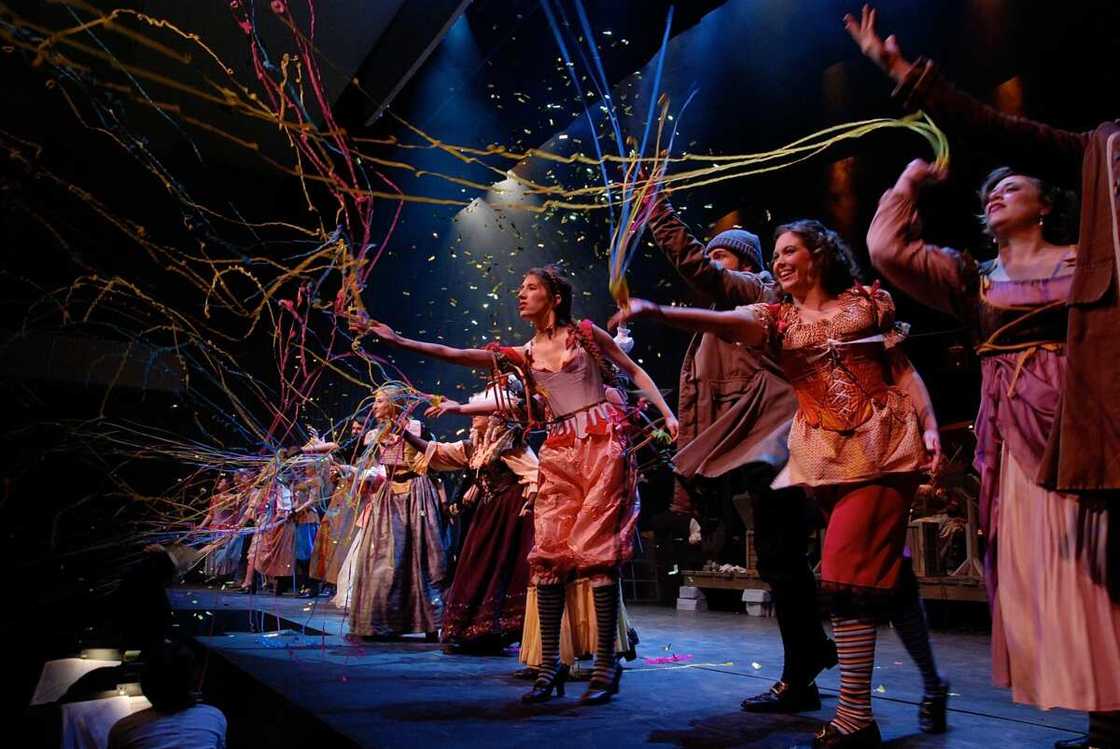
Source: UGC
Drama is also one of the most popular genres of literature. Drama, also called a play, is a story created specifically for a stage performance. The characters, events, and settings in a drama can be fictitious or non-fictitious. The most famous drama writer was William Shakespeare.
Poetry
The fourth genre of literature is poetry. It is a writing style in which words are arranged in a metrical pattern and often in rhymed verse. Some renowned poets are Maya Angelou and Robert Frost.
Folktale
Folktale tells stories of originally oral literature and are meant to pass on particular moral lessons.
How much do you now know about the various functions of literature? Thanks to literary compositions, we can study, be inspired, cry, laugh, enjoy and just have a good time.
READ ALSO: 30 motivational Paulo Coelho quotes from some of his best books
Legit.ng recently published some of the best Paulo Coelho quotes. Many Paulo Coelho quotes will show the importance of learning from your personal experience.
His quotes will also teach you how to make the most out of new and adventurous moments.
Source: Legit.ng



